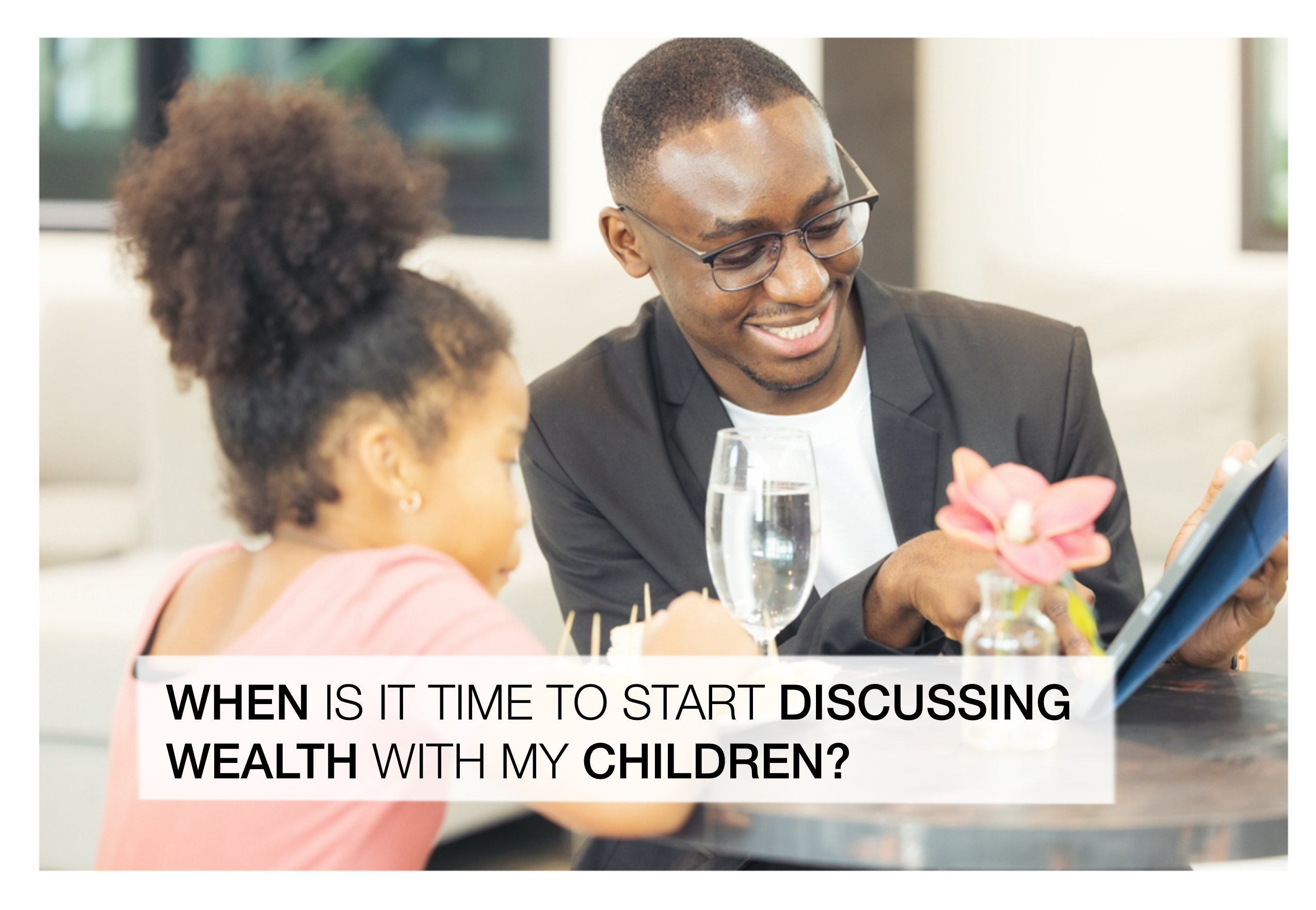The world’s wealthy are on the verge of the greatest transfer of generational wealth in history. I wrote about this wealth transfer in March 2021, when the amount was estimated by Cerulli Associates at $70 trillion. Since then, Bank of America has revised the number to $129 trillion in wealth that will change hands – from the older generation to their family and heirs – over the next 11 years.
This news should raise important questions among family elders: are the heirs, predominantly from single family offices in the U.S. and abroad, prepared to receive this wealth, and did the elder generation sufficiently prepare them to responsibly oversee and manage such riches?
The truth is many wealthy kids simply don’t understand that they are “wealthy.” When you grow up breathing “rarified” air, living in the milieu of homes with teams of hired help, expensive cars, global vacations, and the lifestyles of the rich, if not the famous, you don’t know any difference between “us” and “them.”
They’ve lived entitled lives ensconced in luxury.
But asked to explain the machinations of wealth management and the responsibility it brings; the conversation is lost on them. They may not even realise that they are not like the other 99%, and possibly have no idea what got them there.
This conversation is not about financial literacy. It’s about understanding wealth and the responsibility that comes with it.
I’ve assisted many families in these types of conversations with their children. I have worked with them to ensure they are informed on what their children must know, what makes them part of the 1%, and what makes them people who breathe that rarefied air.
Beyond privilege, it’s about who they are – such privilege brings responsibility to assist their families, and to help their communities and those less fortunate.
In many ways, it’s not always the elder’s fault. Sometimes, this is history repeating itself as they never had this conversation themselves with their parents. So they don’t know how to approach it.
These conversations shouldn’t start when an estate’s or trust’s beneficiaries become wealthy heirs. They can start with simple conversations with 5-year-olds about the “value” of money. What that toy costs, what it takes to put this food on the table, why we help those less fortunate and why some people work for us.
Children need to understand that people work to receive a salary and support their families. And as they get older, the questions and answers become more poignant, but hopefully closer to reality.
As my own children ventured out on their own after college, they left with a more than a fundamental comprehension of the value of money. We ran a merit-based household. They were expected to do well in school, to be polite, to never raise their voices.
Once on their own, they quickly discovered the reality of “adulting,” the impact of taxes on their hard-earned income, and the cost to purchase winter clothes for their new life up north, or a dress for a friend’s wedding. When daddy’s no longer paying, the cost becomes real.
It’s a hard line to toe. Until anyone – an under-age child or an adult child who’s never really “worked” in their lives – earns their own money, it is hard for them to appreciate the cost or value of things. The value of money takes time to be instilled. They learn it by money being associated with effort, or conversely, how not having money immeasurably impacts one’s life. That includes the role philanthropy plays and the impact it has on the lives of millions of people who live in poverty. It’s about seeing how the less fortunate get by.
I recall my son struggling to comprehend the importance of school, where he was failing. We took a trip to South Africa and visited Soweto. Whilst there, we spent time in the shanti towns. He sat with a group of children, whose jaundiced eyes revealed their impoverished lives. One boy said, “you’re so lucky you go to school. That’s our only chance of escaping here.”
We will likely never know what ever happened to those kids in Soweto. However, the impact on my son was profound. He had a deeper understanding of privilege – and a commitment to personal success. He went from a coasting student to earning entry into some of the nation’s best colleges.
These were lessons delivered over time that helped him and his sisters, and those whose parents were able to have the hard conversations, better see how life, privilege and opportunity are handed to us, and why it is up to all of us to make the most of them.
It was about having conversations, impressing values on children, enabling them to understand that we all breathe the same air.
If you want to start having conversations about wealth, privilege and social standing with your children, but aren’t sure where to start, give me a call. Let’s make sure your kids enjoy privilege, while recognising the responsibility that comes with it.

Amen!